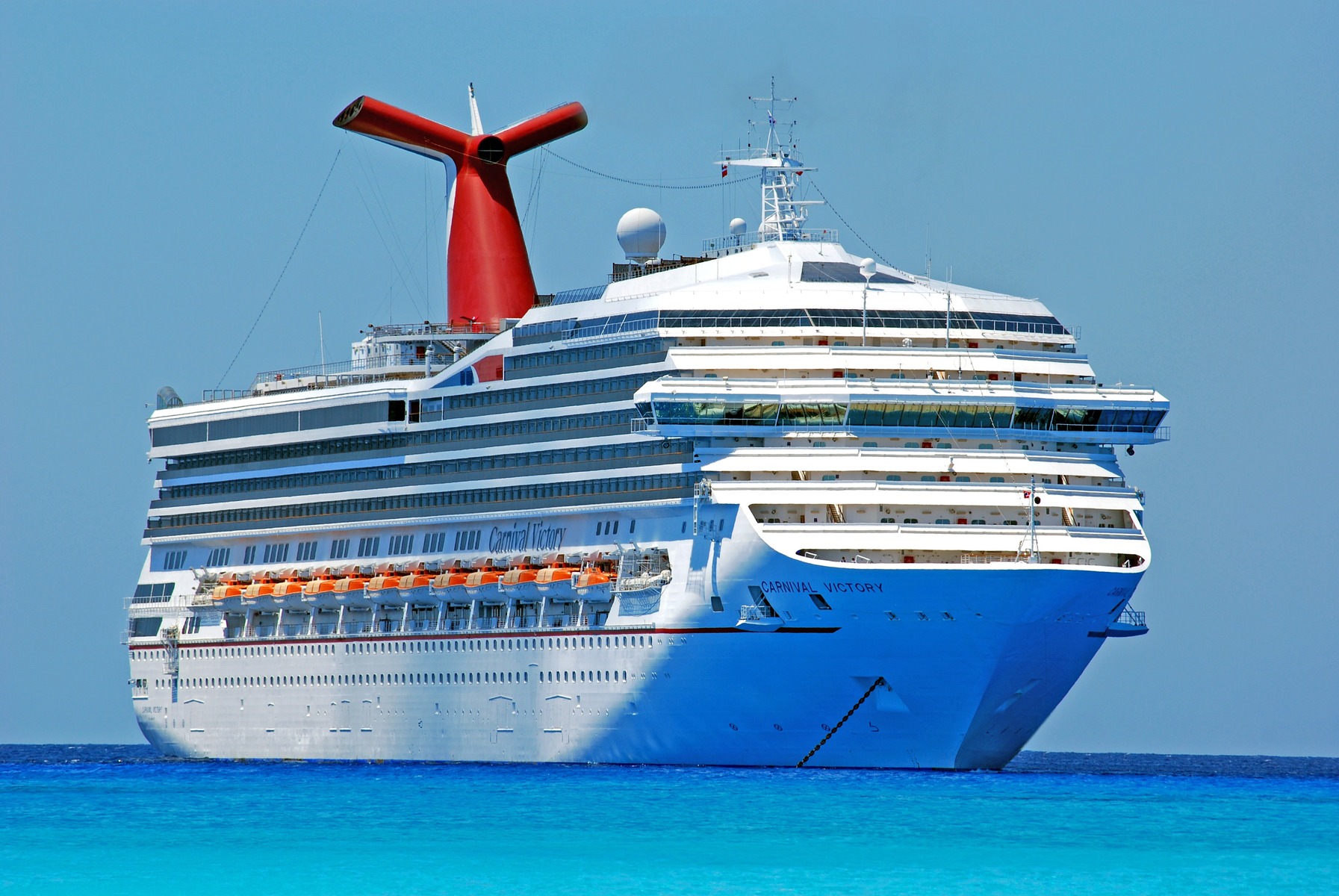For many people, buying a boat marks a significant milestone. Given the magnitude of the decision, it is only natural that you will want to do everything possible to avoid any costly mistakes. While you may wish to get it right, a simple visit to a boat seller will not solve your problem since sellers are in business and will go to great extents to make sure they make a sale. No one wishes to be stuck with a boat that does not meet their needs. Before setting out to make a purchase, consider the following:
Size
When buying a boat, you want one that will adequately meet your needs. Ask yourself if you wish to sail alone or together with family and friends. You will have to consider whether you’ll also be doing night sails and in need of sleeping space as such. If you intend to entertain a finite group of guests once in a while, it will mean having a boat that can accommodate them. As a lover of space, you’ll also want a big boat irrespective of whether you’ll be cruising alone or with an entourage. Whether you’ll be using your boat on a river, lake, or at sea will also inform your choice of size.
Use
How you intend to use the boat should inform the type you go for. The kind of boat to be used for fishing will vary significantly from one that is strictly for leisure. If the intention is to leave your guests impressed, you’ll find yourself looking for a more luxurious option. It is also possible that you may want one that you can carry on a trailer. This is likely to be the case if you leave away from the water body and wish to use the boat only once in a while. If you intend to use it for different functions, then go for a multipurpose vessel.
Legal Requirements
Transport Canada implements regulations stipulating the requirements that small vessels have to meet for them to be allowed on Canada’s waterways. One of the main requirements for you to operate your boat is a license. You’ll to need to complete a boating safety course successfully for you to be allowed to operate it, which you can do through Aceboater. The process of ownership for a new boat will also vary significantly from that of a pre-owned one. While a new boat will simply be registered in your name after purchase, in the case of a pre-owned one, you’ll have to prove who the current owner is before transferring it to your name.
Inspection
You’re not going to buy a boat without determining whether it is seaworthy especially in a case where you are buying a used one. If you’re impressed by what you see, request for a trial to determine if there may be more problems. Consider hiring a marine surveyor who will inspect it further and inform you if it is in good condition and worthy of your money. Even though hiring such an expert will cost you some extra bucks, it is better than ignoring only to find out later that it was not worth your money.
Post-Purchase Costs
Boat ownership is associated with considerable maintenance costs. The costs will vary depending on the power, size, and extent of use. The higher your boat’s power, the more you’re likely to spend on fuel. A big boat is on its part associated with greater packing costs. As for usage, the more frequently you use it, the higher the expenses you’ll incur in repairs and maintenance. Worth noting, however, is that even if you do not use it frequently, there are other costs that will remain constant such as the insurance and packing fee, the cost f operational permits, and liabilities stipulated in the Marine Liability Act.
Now that you’re ready for your new boat start by getting your boating license with Aceboater.

